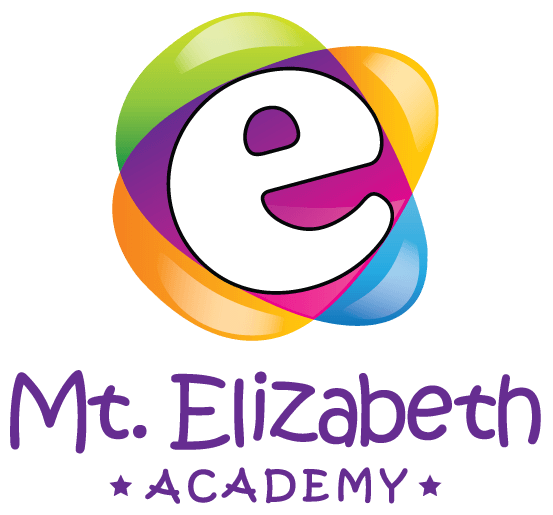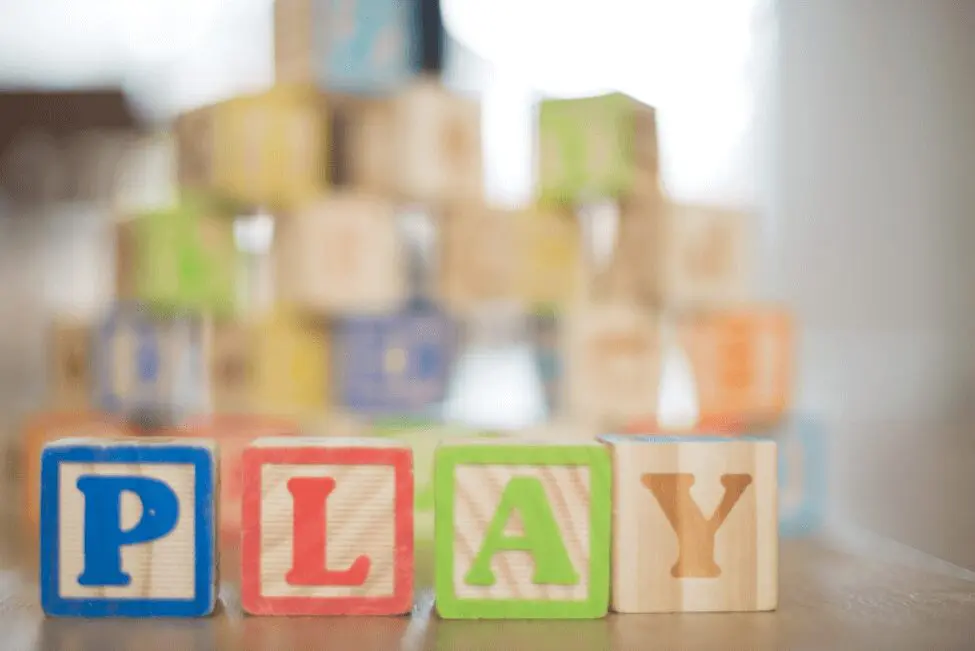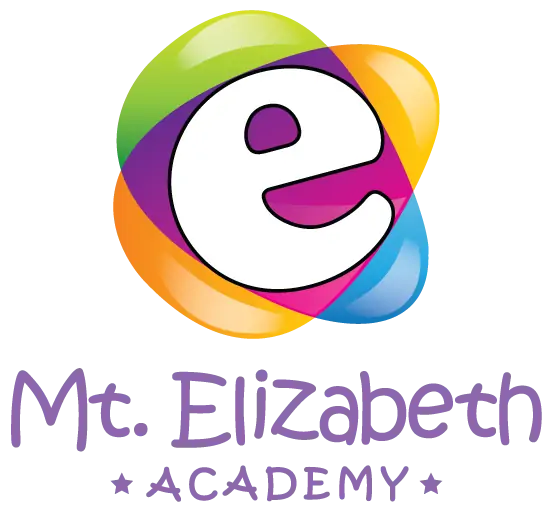Starting preschool is a new step for any child, and often, in their concern, parents might wonder if their child really is ready for the step. Even if children attend toddler programs, preschool gives them a whole new experience: making friends, learning new skills, and gaining the confidence and independence they will need for their later years. An early start will set your child on the path for success, but it isn’t necessarily easy.
Preparing your child for preschool can be tricky. By reading and playing together in ways that will allow for a more exploratory experience, such as with playdough or string beads, etc., you can help prepare them academically. In fact, it’s likely that you’re already doing things that will help prepare your child for preschool academics. The emotional preparation, however, may take more effort and might also take some more time.
Visit the Preschool
Make a visit to the school beforehand to see the classroom and meet the teacher before the school year starts. Show your child the class schedule and discuss it with them. Tell them what they should expect during the day and how to go about their various activities. Of course, these things will be told to your child by their teachers as well, but it’s best that they do it with someone who makes them comfortable, and over a longer period of time so that they don’t get overwhelmed all at once. You can always book a tour of our school, Mt. Elizabeth Academy, and visit it with your child before they start attending preschool to make them more comfortable with the environment as well.
Read Books
Look for books about children starting preschool. There are many books out there where the main characters go to preschool, and reading these may influence your child to feel excited about the prospect, and have a more positive attitude towards the change.
Acting It Out
Children love to play pretend, and you can use this! Pretend you’re going to school – do all the things your child will be doing once they start, such as hanging up your backpack, sitting down for group time, and playing games. Teach your child some basic social skills, such as how to get attention or to take turns. You can even use puppets to role-play some parts if you are unable to do it yourself.
Self-Help Skills
Preschool is a big developmental step for your child, and their independence will become a much larger focus in their lives. Help them with some self-help skills that they’d need more often away from you, such as washing their hands, using the toilet, or putting on their shoes and socks.
Shift Your Schedule
Once your child starts going to preschool regularly, make changes in your routine. Make your home environment as calm and peaceful as possible, and limit the amount of media they consume while at home. Try and spend as much time together as a family while making sure they have a healthy routine where they go to bed on time and spend as much time outdoors as possible. With a healthy, consistent routine, the transition for school becomes easier.







